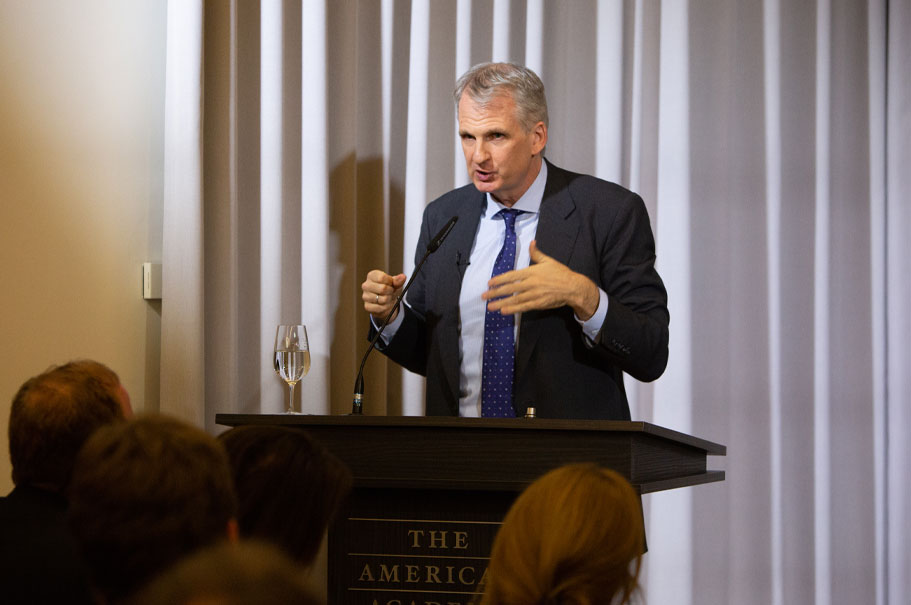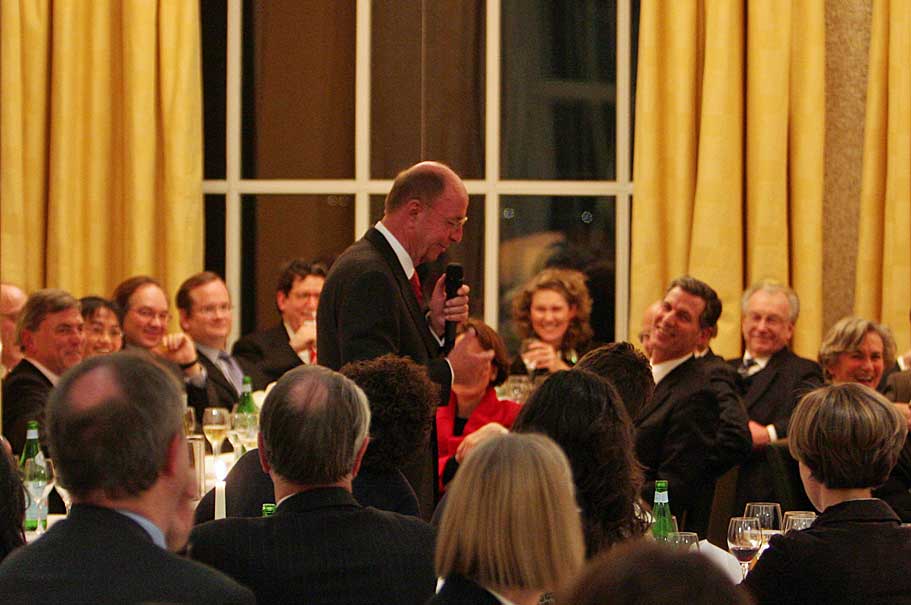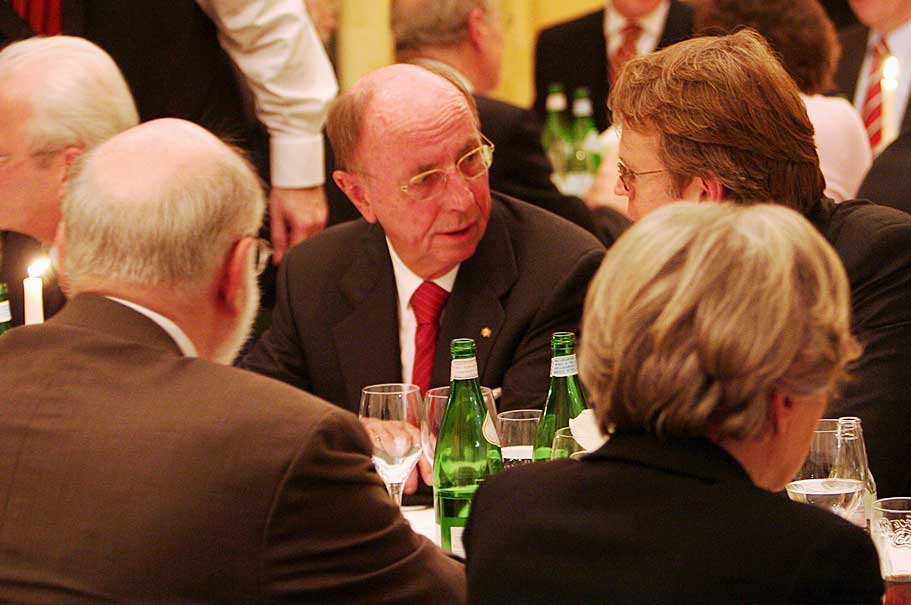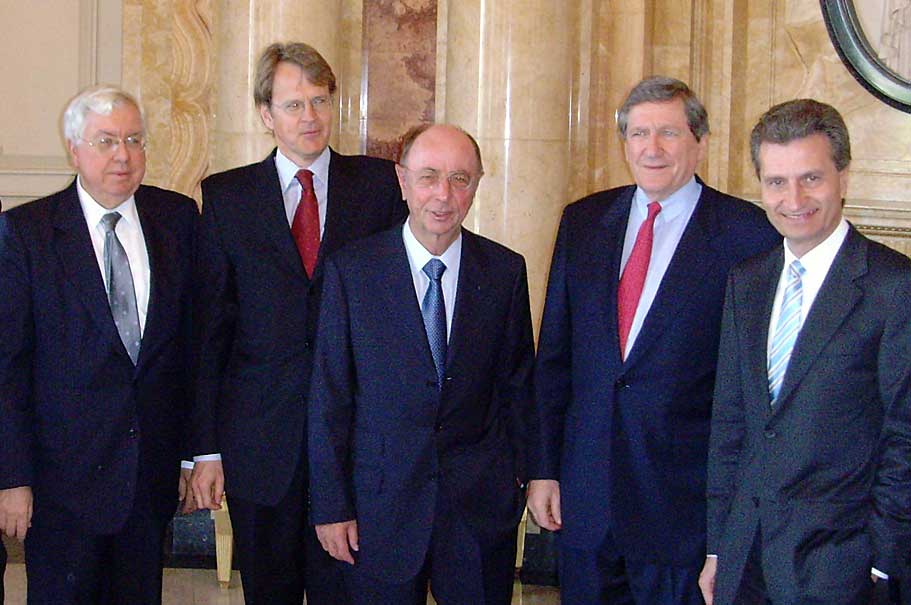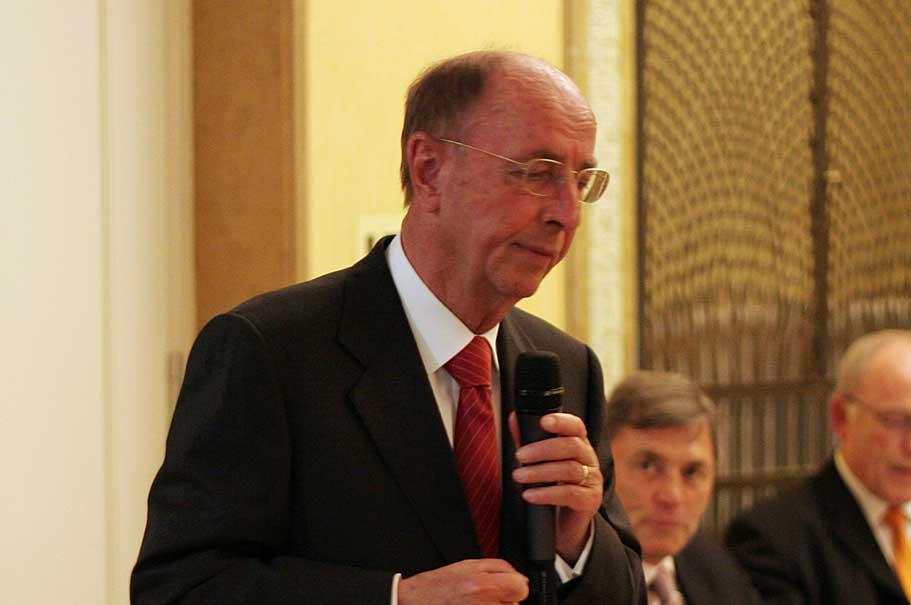
Remembering Berthold Leibinger (1930-2018)
The American Academy in Berlin mourns the passing of Berthold Leibinger, a longtime friend, benefactor, advisor, and confidante. The Academy’s board and management extend heartfelt condolences to Leibinger’s family, especially to daughter Regine Leibinger, an Academy trustee and the architect behind its Fellows Pavilion.
In the fall 2018 issue of the Berlin Journal, Berthold Leibinger contributed a vignette on why he supported the American Academy’s fellowship program, and why he helped to spearhead its Head-to-Head series, which brings together an Academy fellow and German scholar or writer for a public discussion in Stuttgart. “Keeping American thought and culture alive and well in Germany,” Leibinger wrote, “is vital for sustaining the relationship between the two countries. The American Academy in Berlin as an institution should help ensure that they thrive. . . . Through the fellowship program, American intellectuals from all walks of life not only spend several months working on compelling academic or creative projects in Germany, but also present and discuss their specialist knowledge with German audiences at public events.”
This, of course, was the fundamental aim of the Academy’s founder, Richard Holbrooke. And it was “Holbrooke,” in fact, “who led me through the building on Am Sandwerder in the early days of the American Academy,” Leibinger wrote. “It was important to him that intellectual America had a forum in Germany, the country he knew well and appreciated from his time as US ambassador there.”
Over the past twenty years, Leibinger was thrilled that the fellows who held his named fellowship “have dealt with an incredibly wide array of topics: reflections on recent German history, including problems faced after the end of World War II in 1945 and during the reconstruction of Germany; the art of writing; the impact of American theater; and the influence of architecture on the sensitivity of a country.” Moreover, Leibinger’s support of the American Academy “makes it possible for us to continue to engage in dialogue with the intellectual America at a time when we look toward the United States with some concern.”
Above all, however, the venerable business leader, engineer, and philanthropist was enthralled by the life of the mind, and by the power of ideas: “One thing has been made patently clear through the Academy’s fellows,” Leibinger wrote: “Intellectual forces are the ones that change the world.”
We will miss him dearly.
Share This

Refugees and the Political Crisis of Our Time
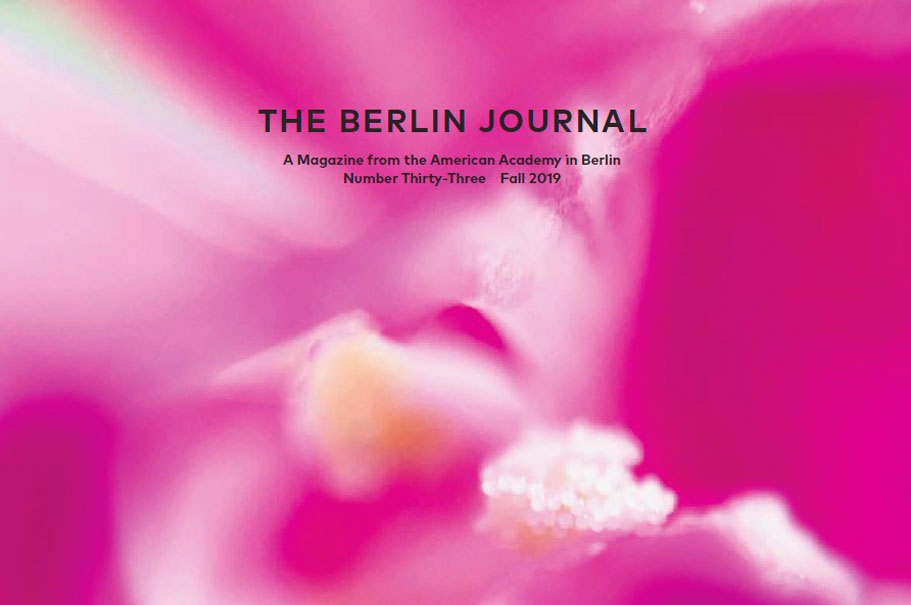
The Fall 2019 Berlin Journal

The Fall 2023 Program
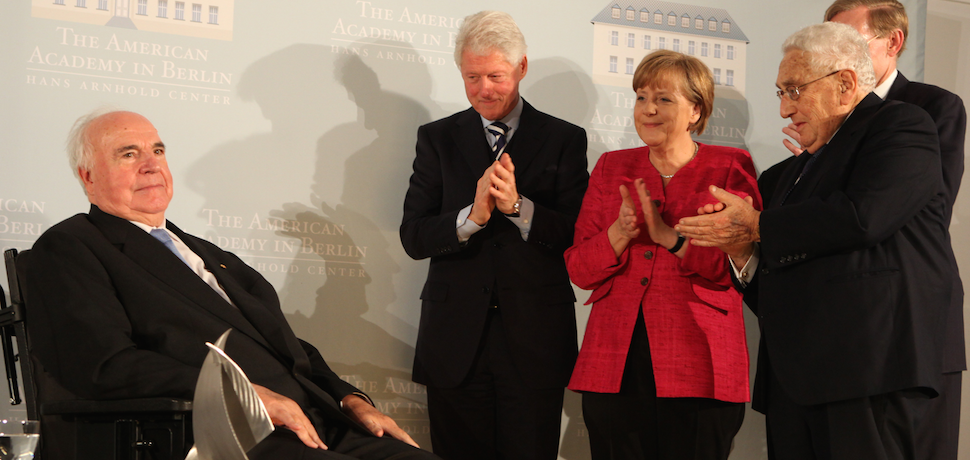
Remembering Helmut Kohl (1930-2017)
The American Academy in Berlin mourns the passing of Helmut Kohl, a longstanding friend and…
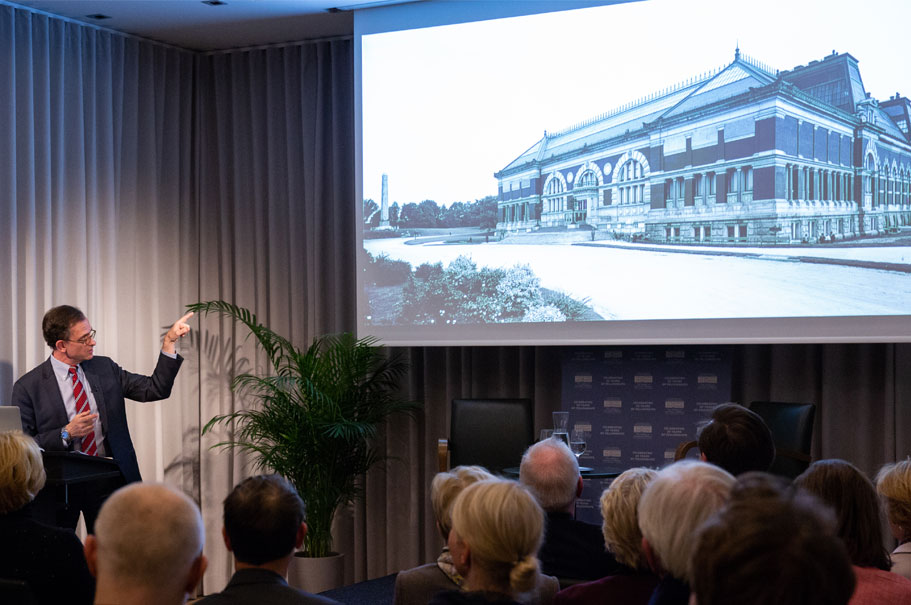
Museums, Architecture, and Social Engagement
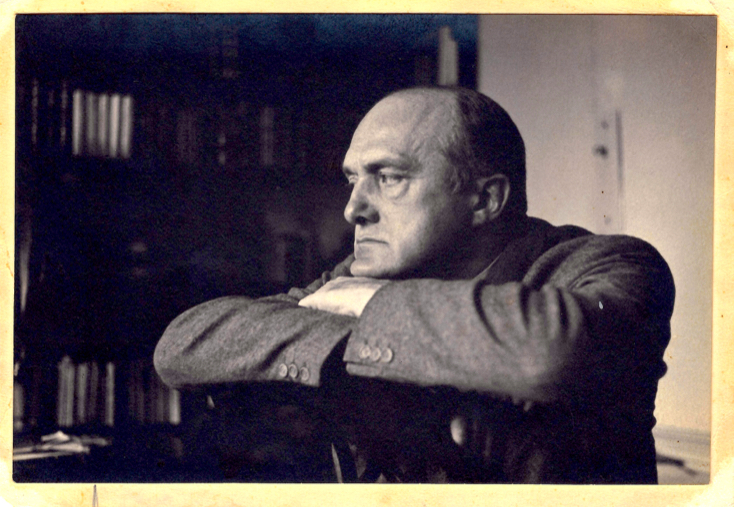
Inaugurating the Max Beckmann Distinguished Visitorship
In April 2017, the American Academy in Berlin inaugurates the Max Beckmann Distinguished Visitorship honoring…
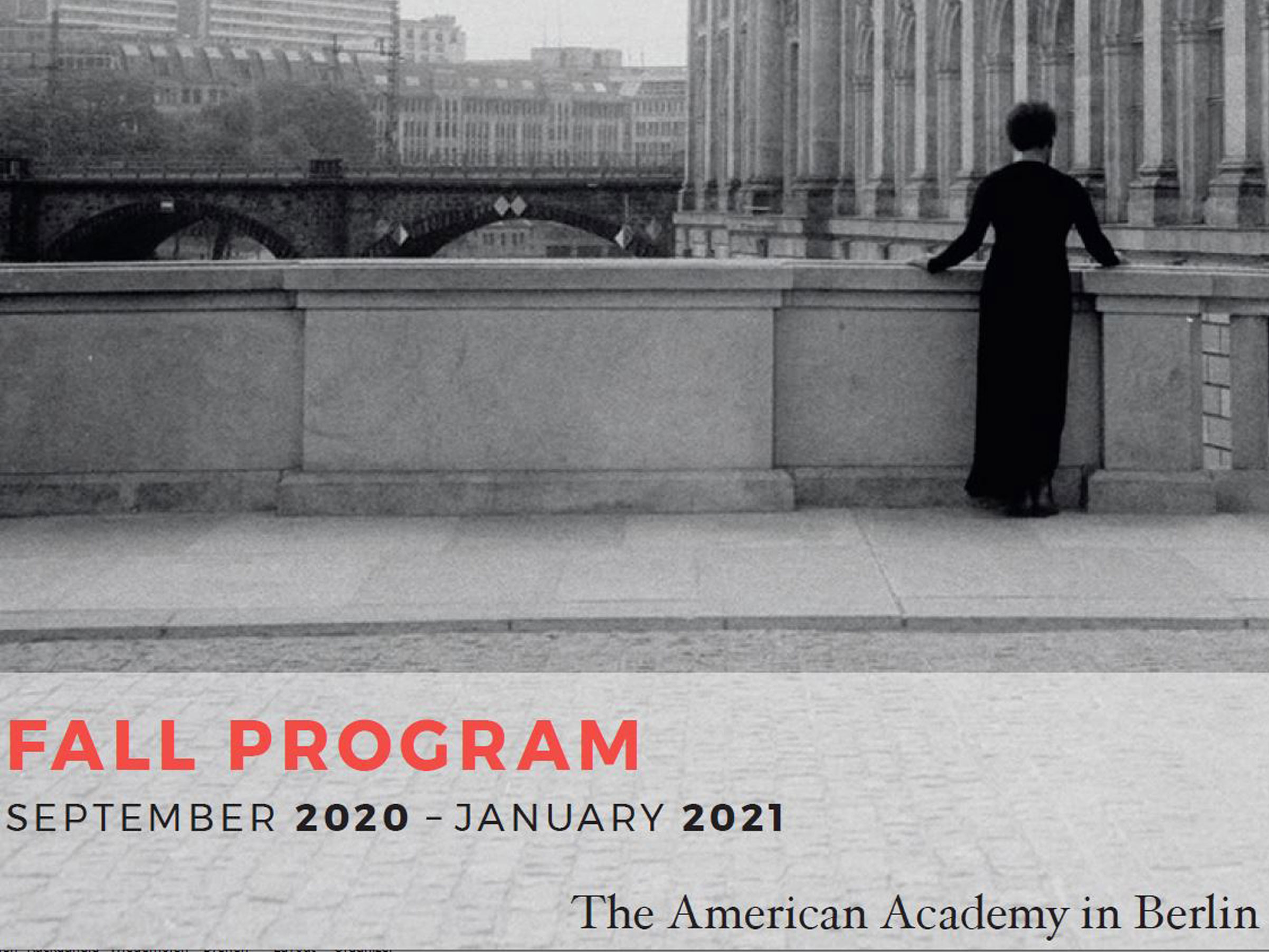
The Fall 2020 Program

The Deutsche Bank Fellowship in Music Composition
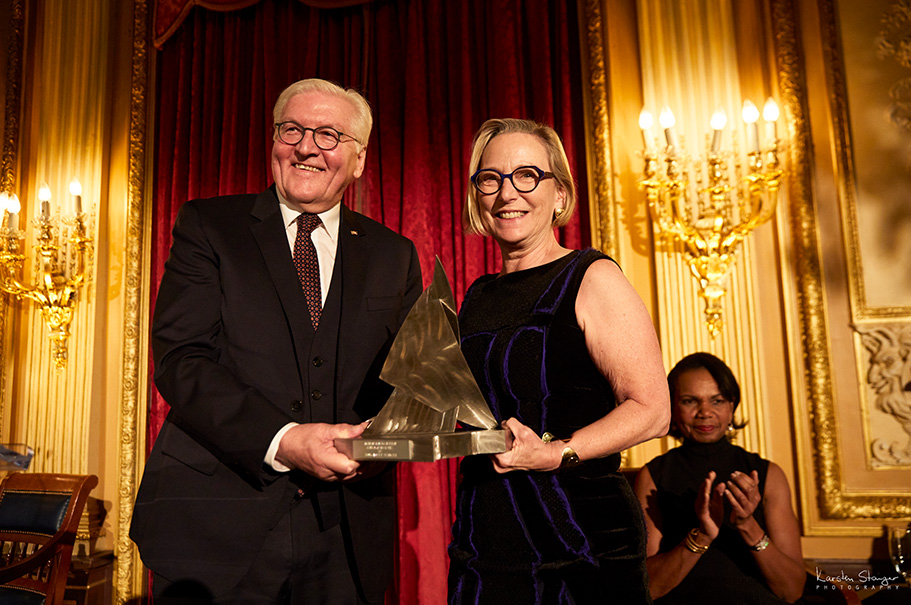
President Frank-Walter Steinmeier Receives the 2022 Henry A. Kissinger Prize
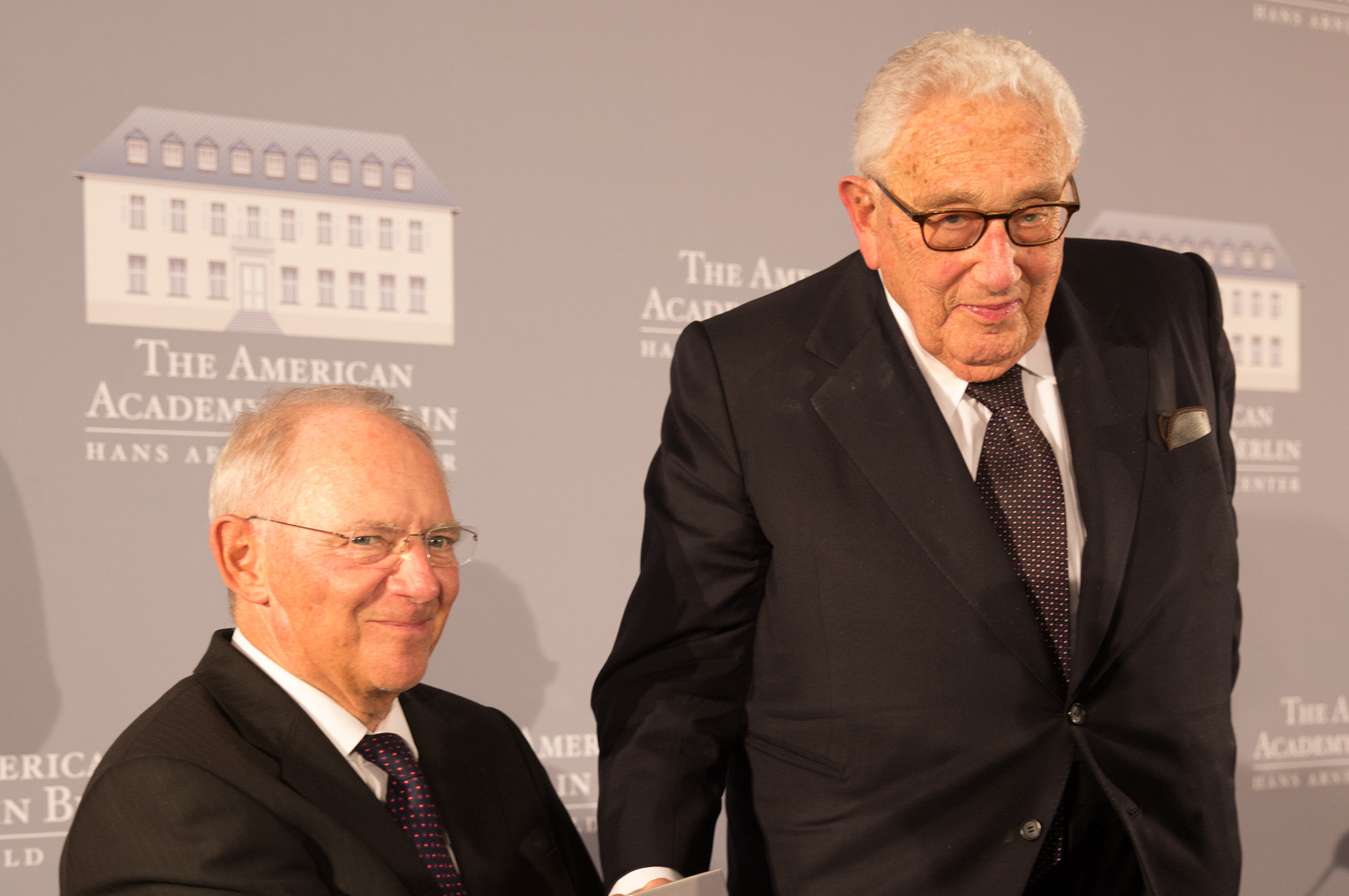
The 2017 Henry A. Kissinger Prize
On the evening of June 20, 2017, the trustees of the American Academy in Berlin awarded…

Twenty-Fifth Anniversary Gala
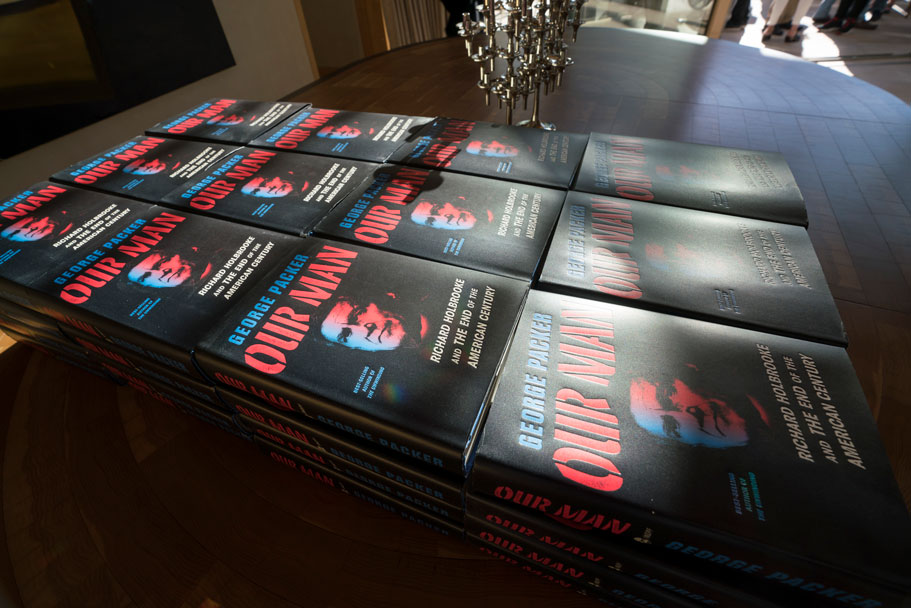
Reception for “Our Man”

The 2022-23 Berlin Journal

Remembering Ambassador Martin Indyk (1951-2024)
The American Academy in Berlin mourns the passing of longtime friend, supporter and repeated Distinguished…
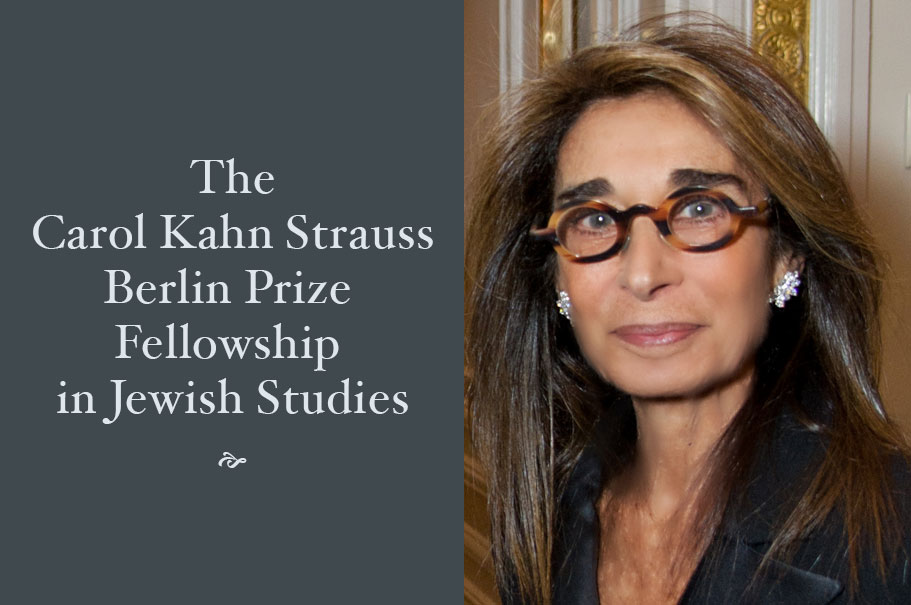
Announcing the Carol Kahn Strauss Fellowship in Jewish Studies
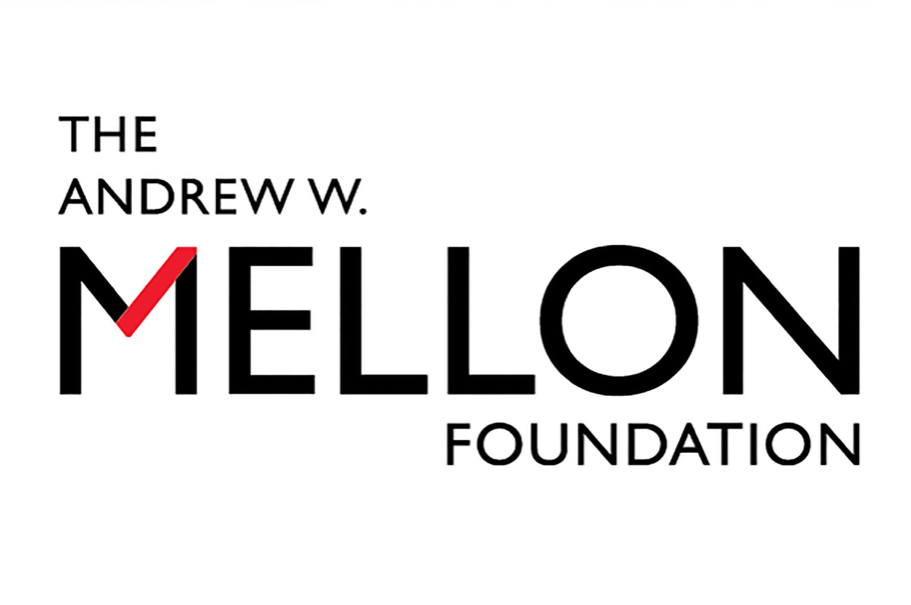
The Andrew W. Mellon Fellowship in the Humanities
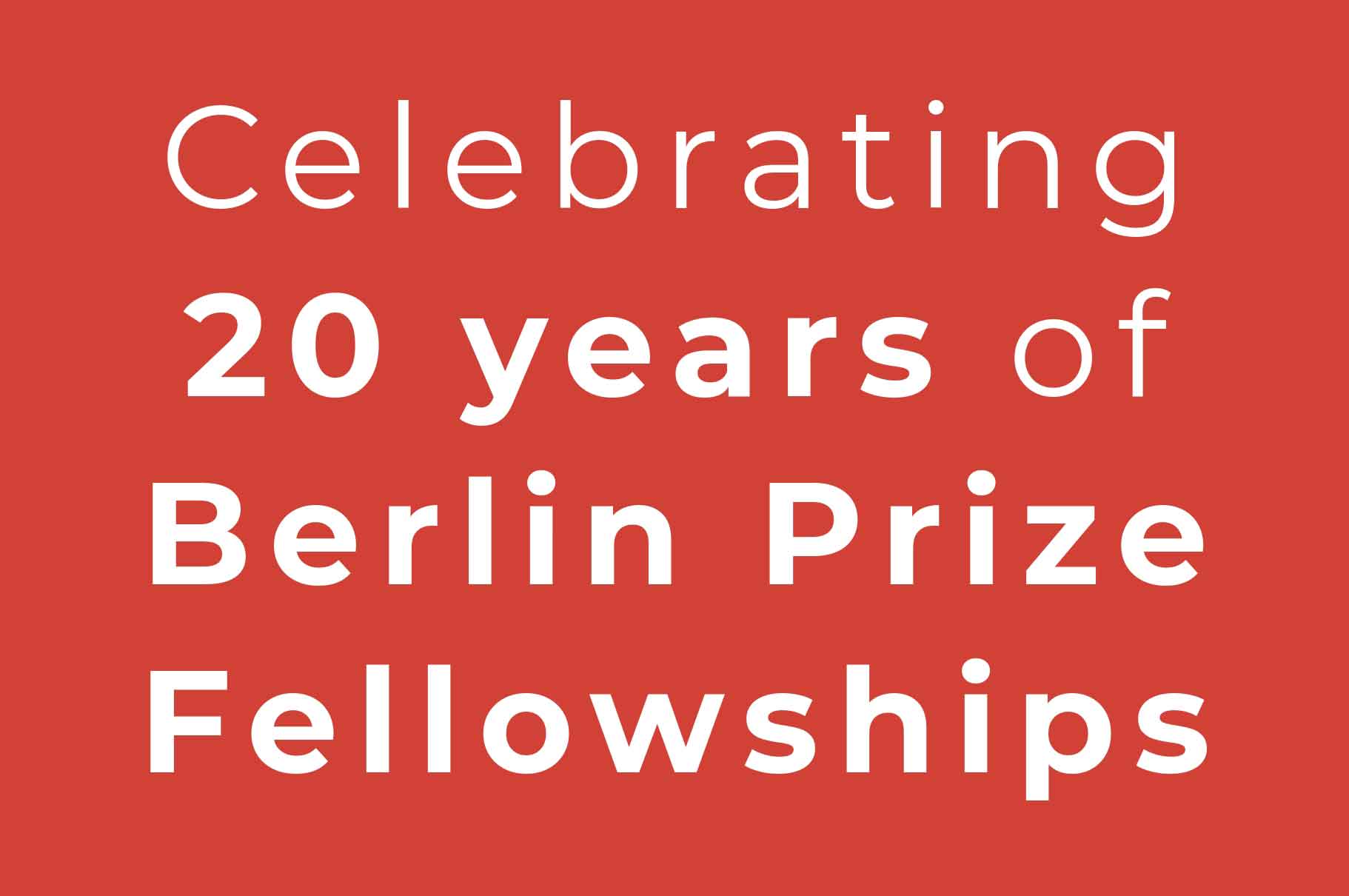
Celebrating Twenty Years of Fellowships
This fall, the American Academy in Berlin is proud to celebrate twenty years of Berlin…

The Spring 2023 Program
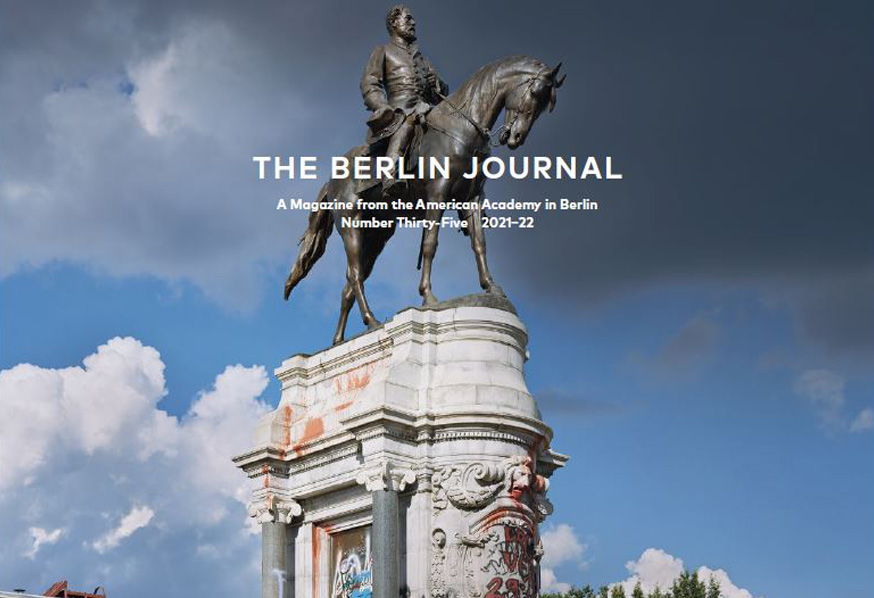
The 2021-22 Berlin Journal
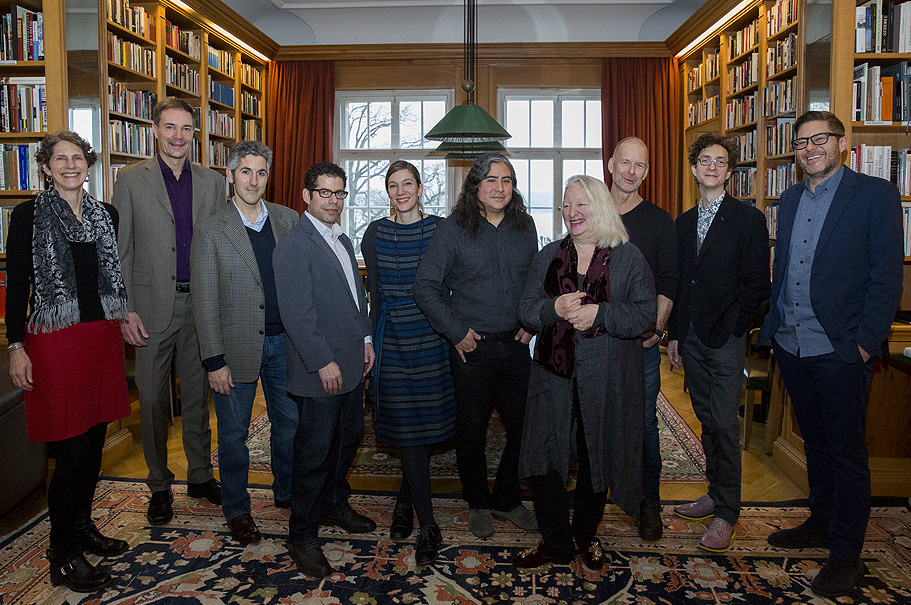
Welcoming the Spring 2018 Class of Fellows
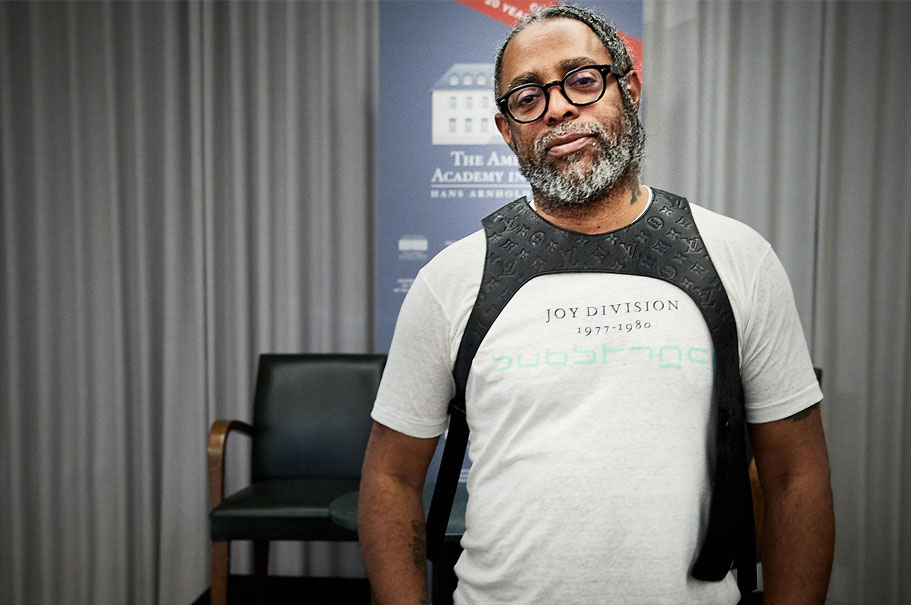
Max Beckmann Talk with Arthur Jafa

The Fall 2022 Program
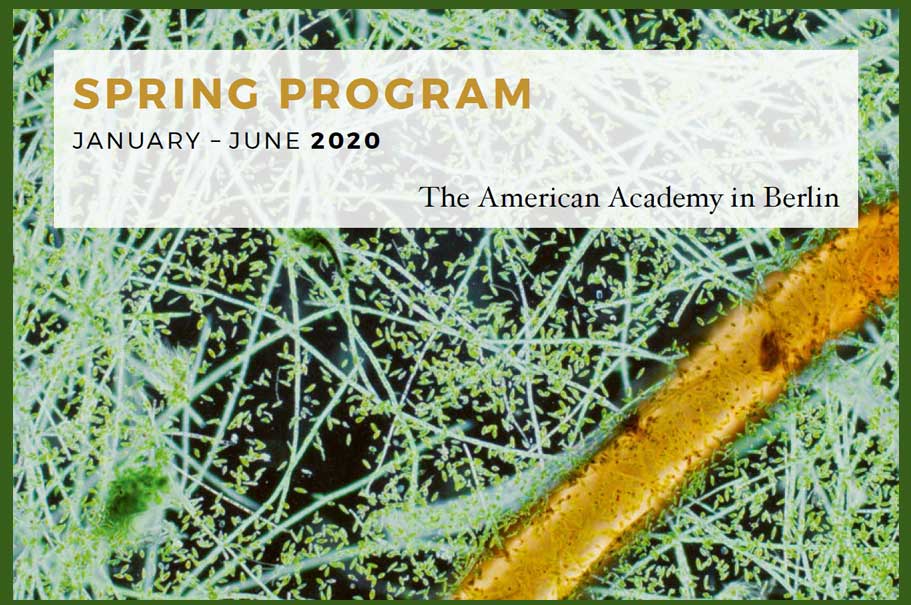
The Spring 2020 Program
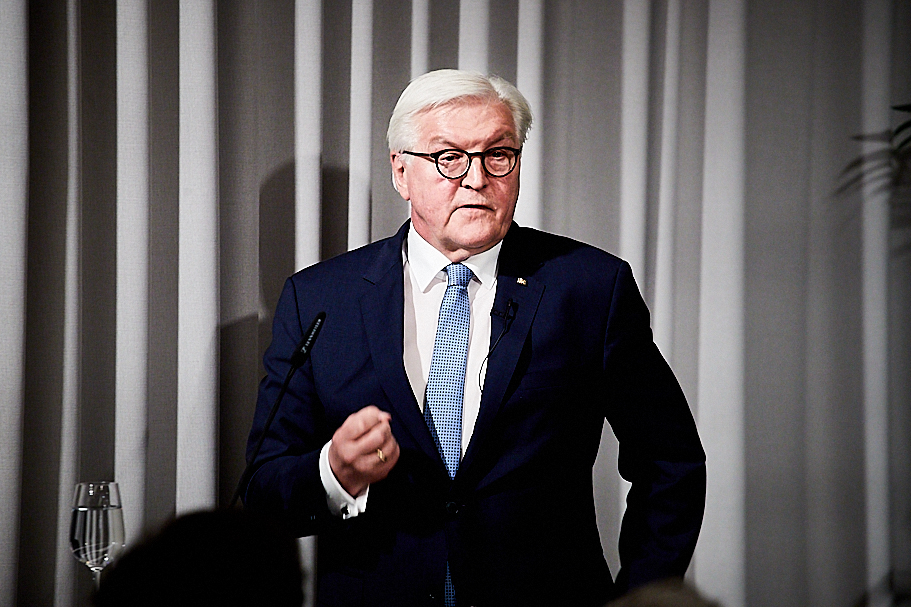
President Steinmeier Delivers the 2019 Fritz Stern Lecture
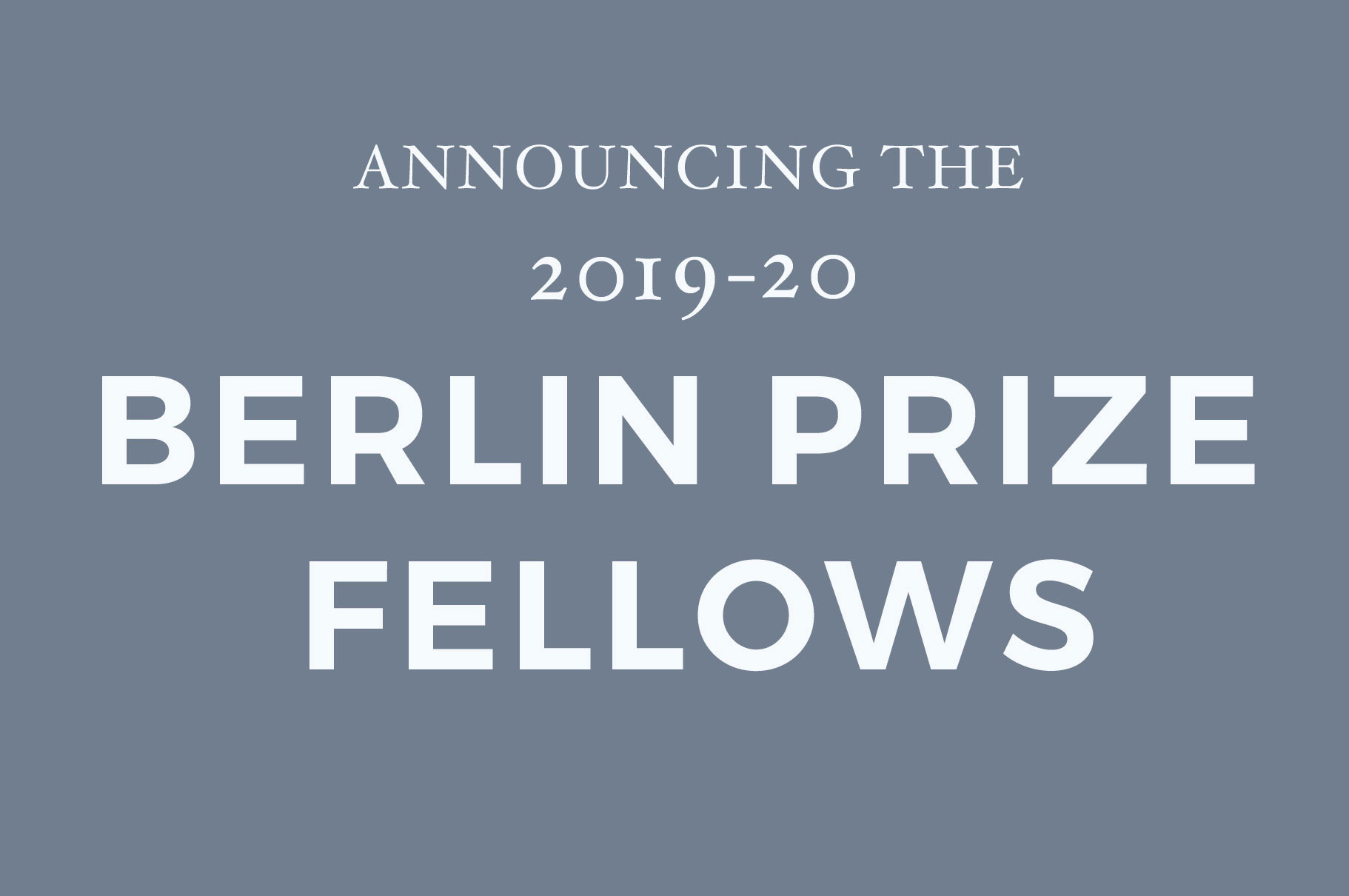
Announcing the 2019-20 Class of Berlin Prize Fellows
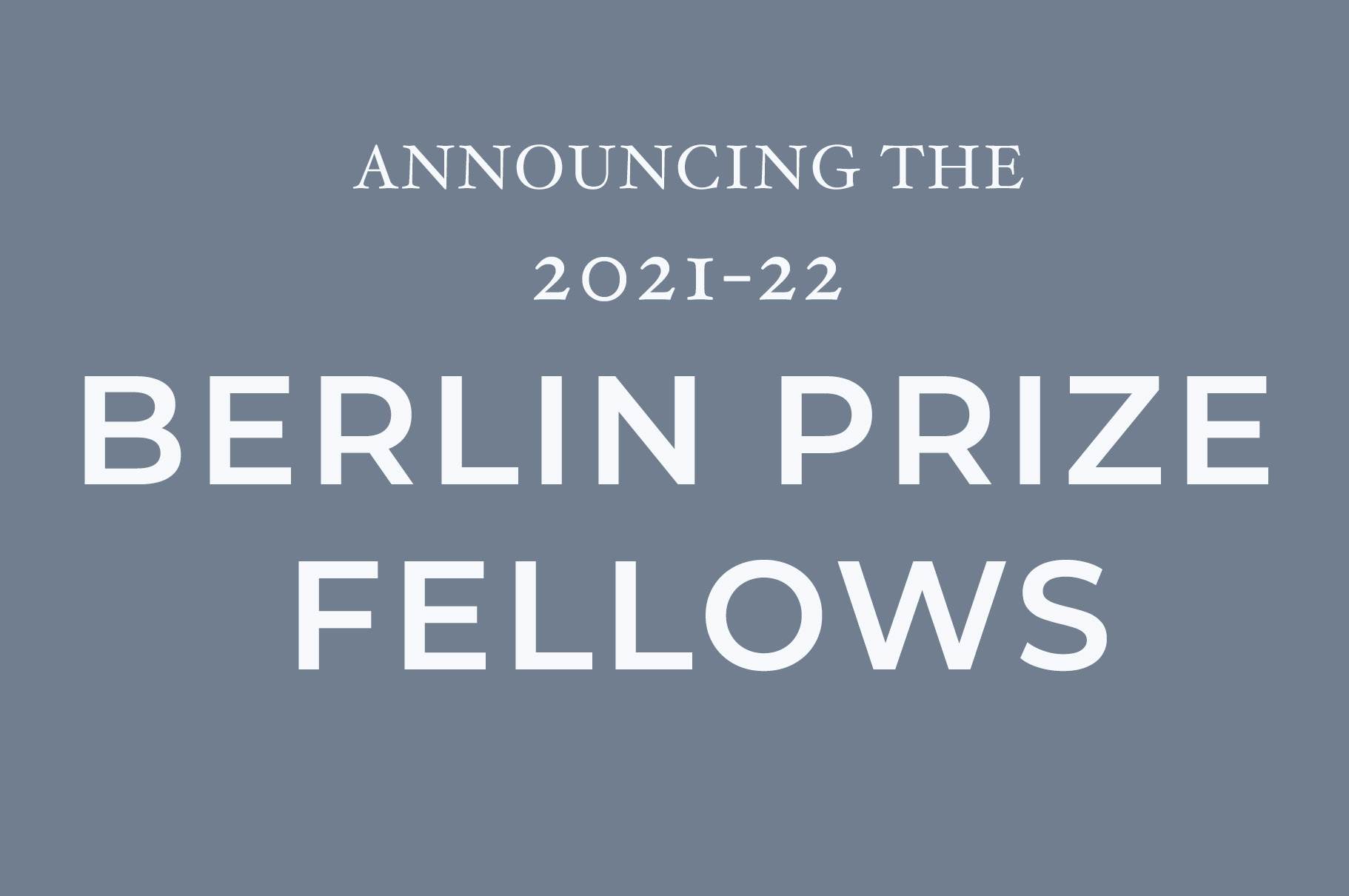
The 2021-22 Berlin Prize Fellows
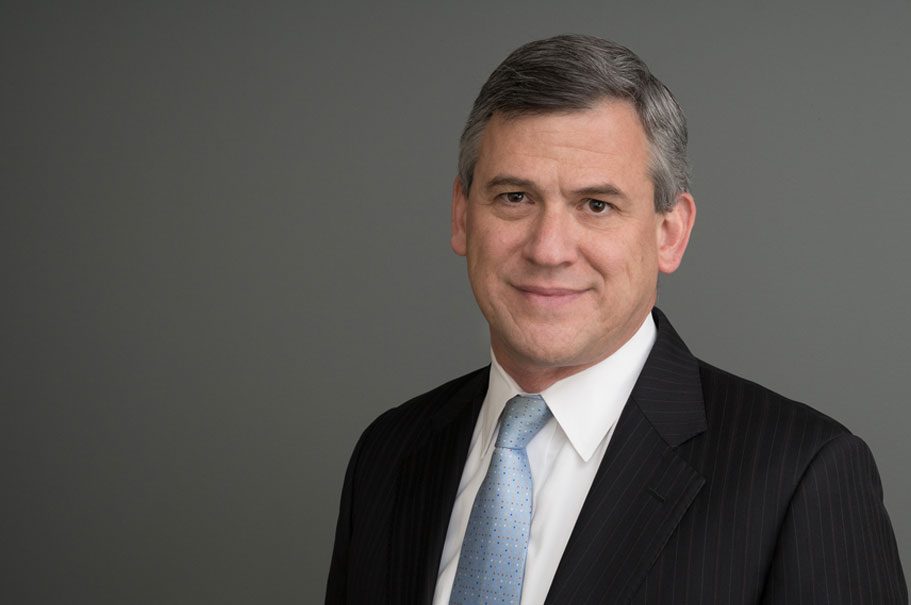
New Academy President: Ambassador Daniel Benjamin
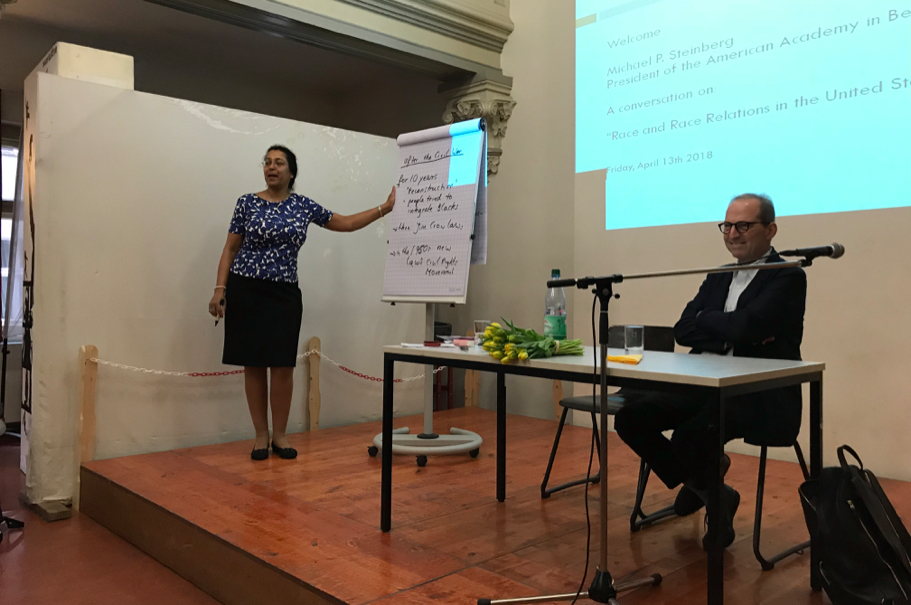
Katholisches Schulzentrum Edith Stein
On the afternoon of Friday, April 13, 2018, American Academy president Michael P. Steinberg visited…
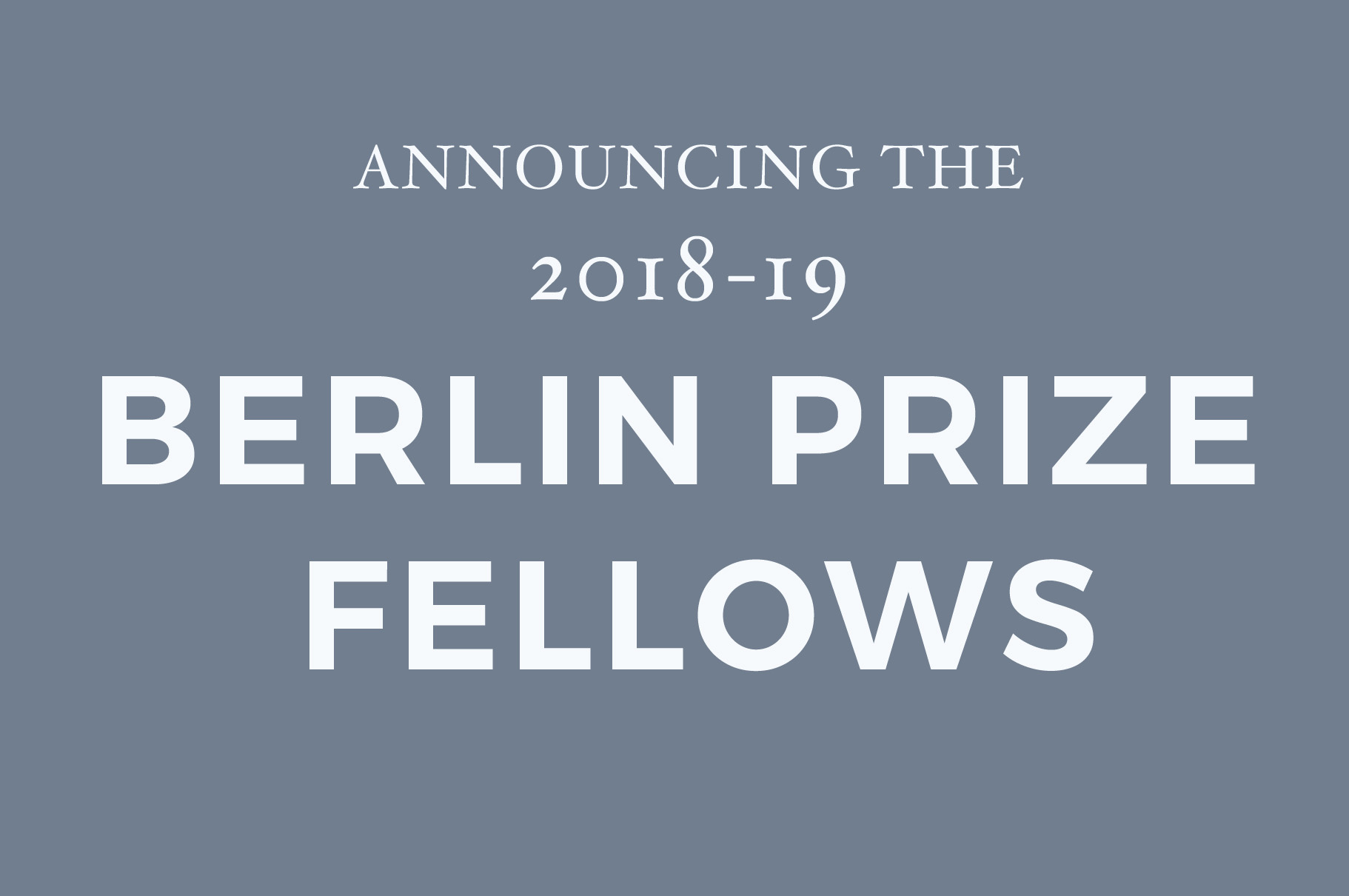
The 2018-19 Berlin Prize
BERLIN—April 25, 2018—The American Academy in Berlin has awarded Berlin Prizes—semester-long fellowships in Berlin—to 24…
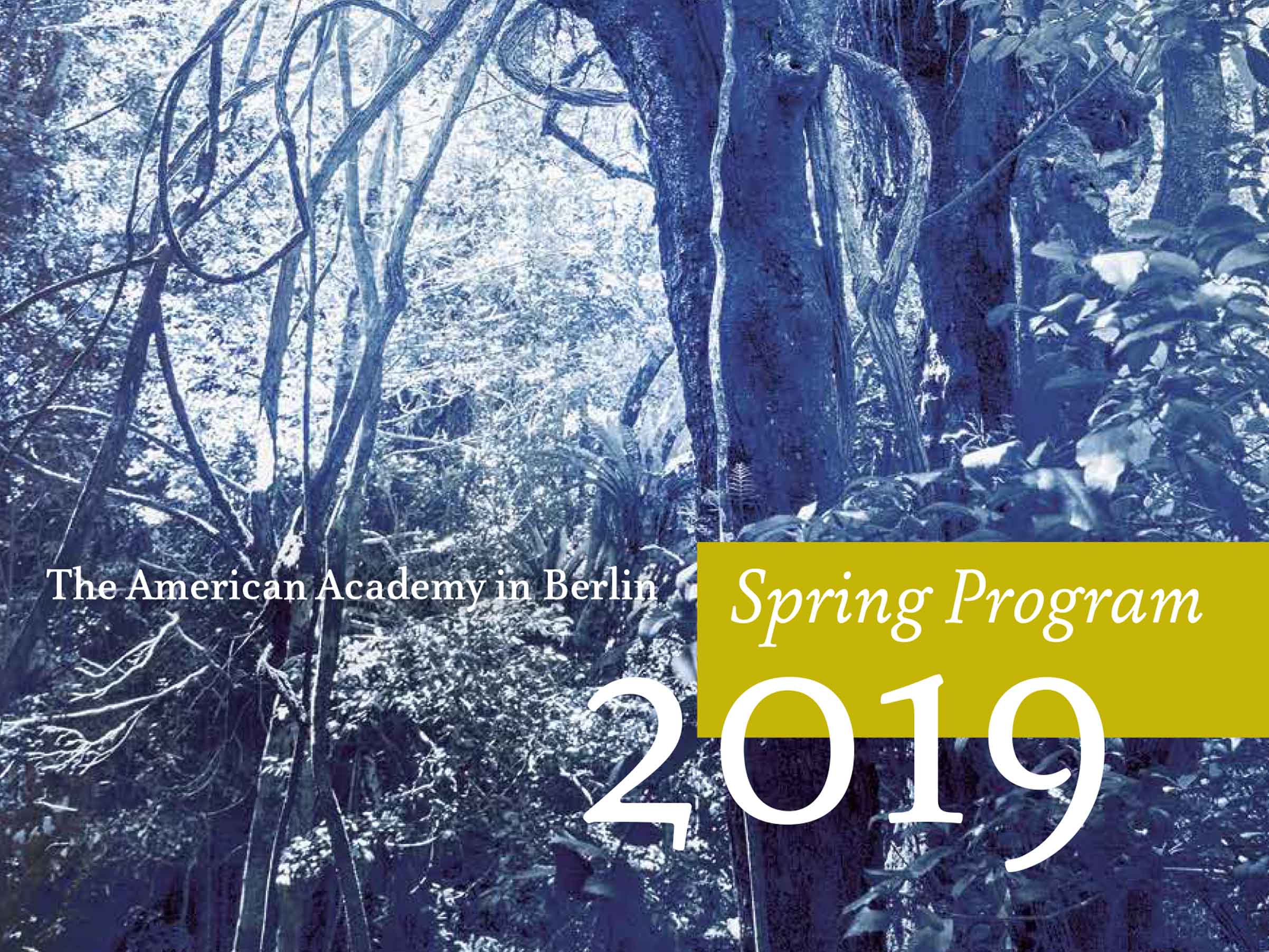
The Spring 2019 Program
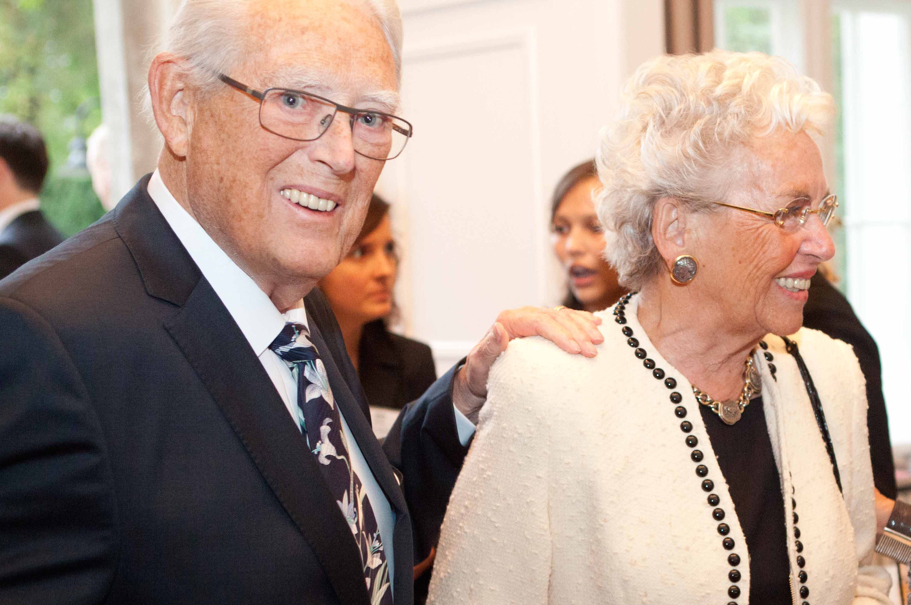
Remembering Erivan Haub (1932-2018)
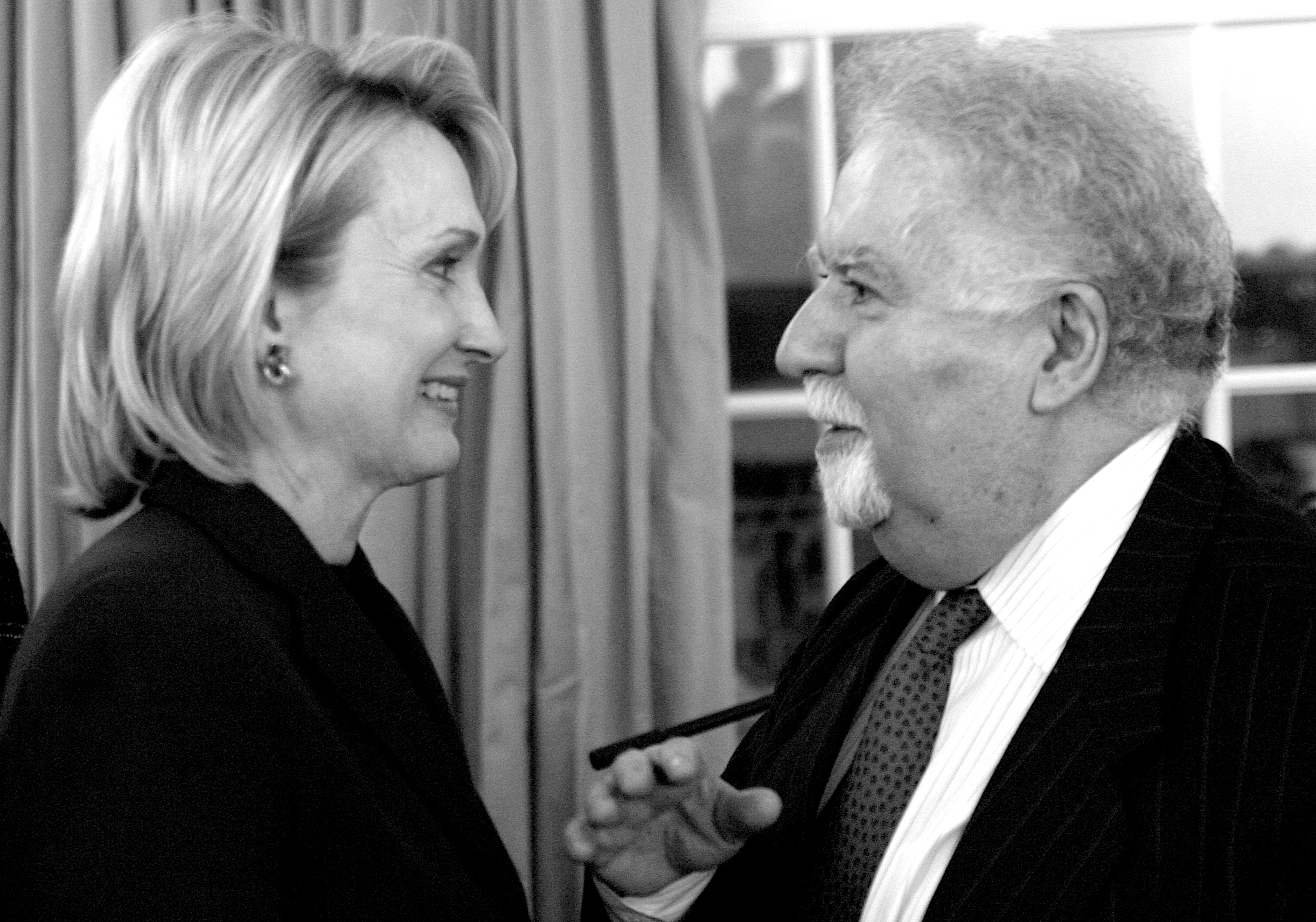
Remembering Vartan Gregorian (1934-2021)
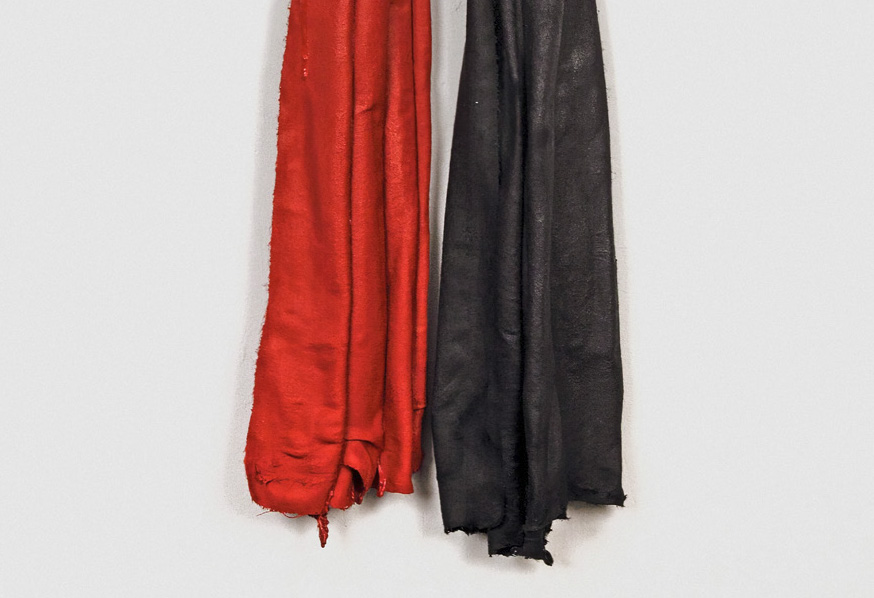
The Fall 2021 Program
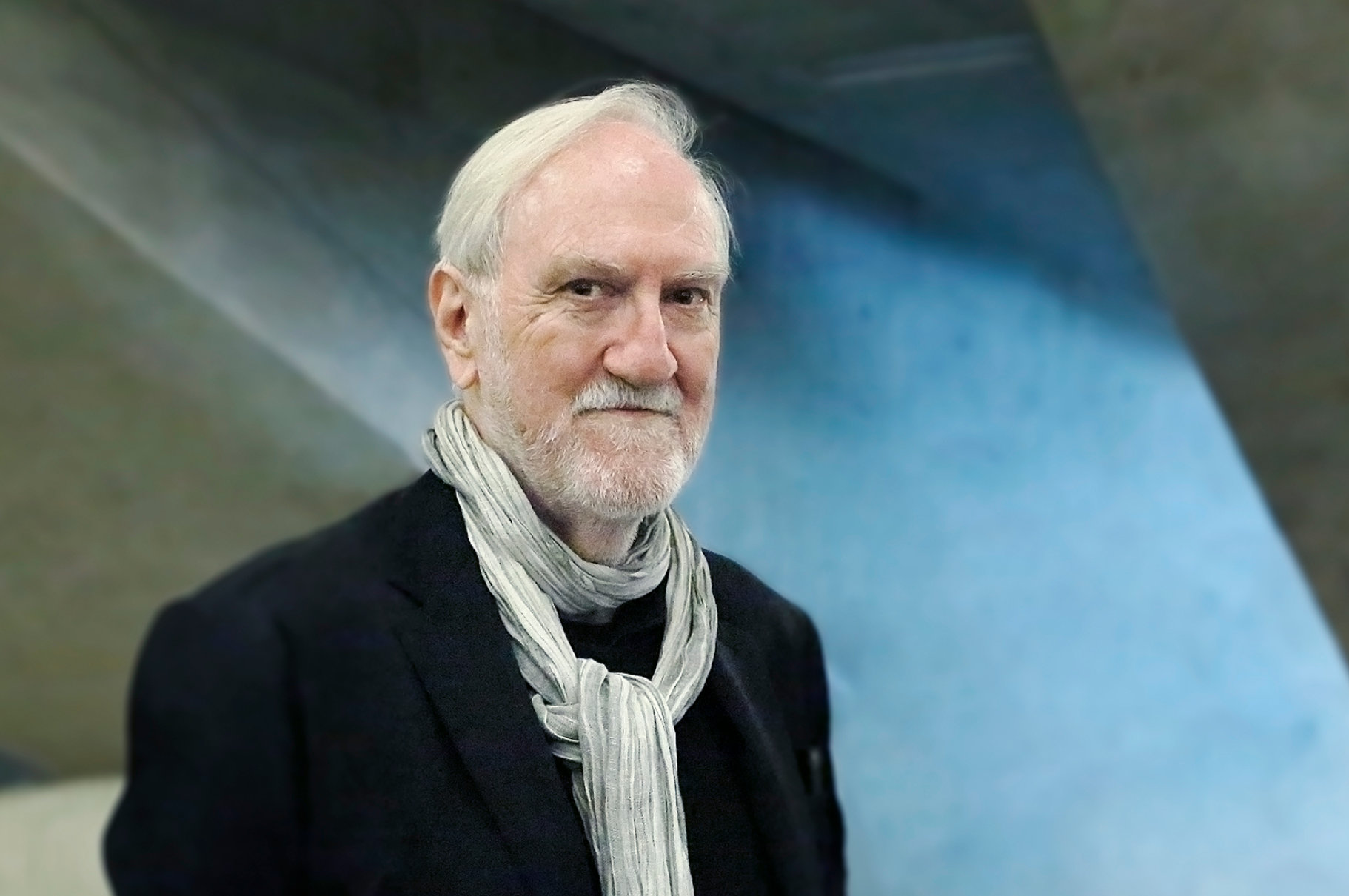
Anthony Vidler (1941-2023)

The Winter 2018 Program
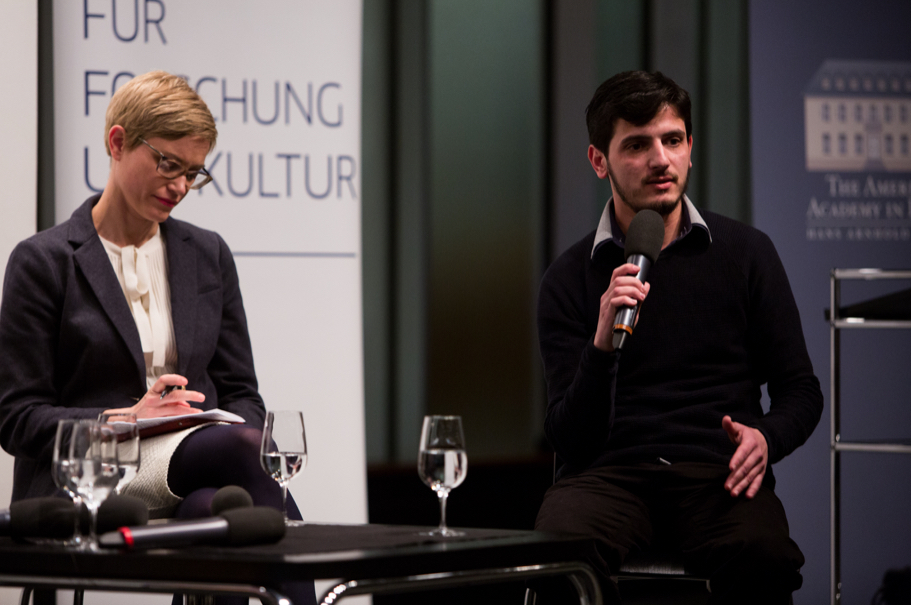
Beyond “Wilkommenskultur”
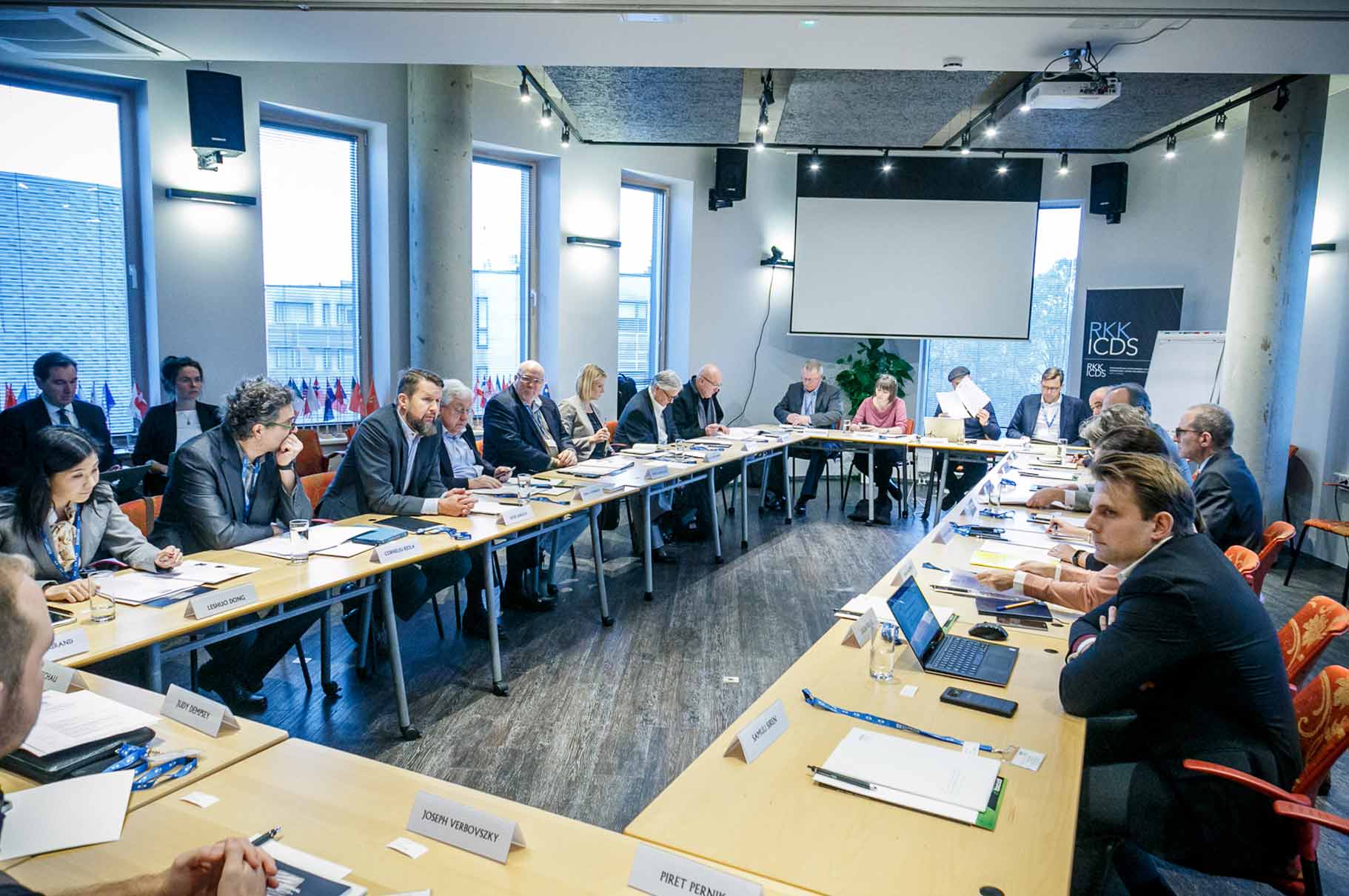
The Holbrooke Forum in Estonia

Apply for a 2023-24 Berlin Prize
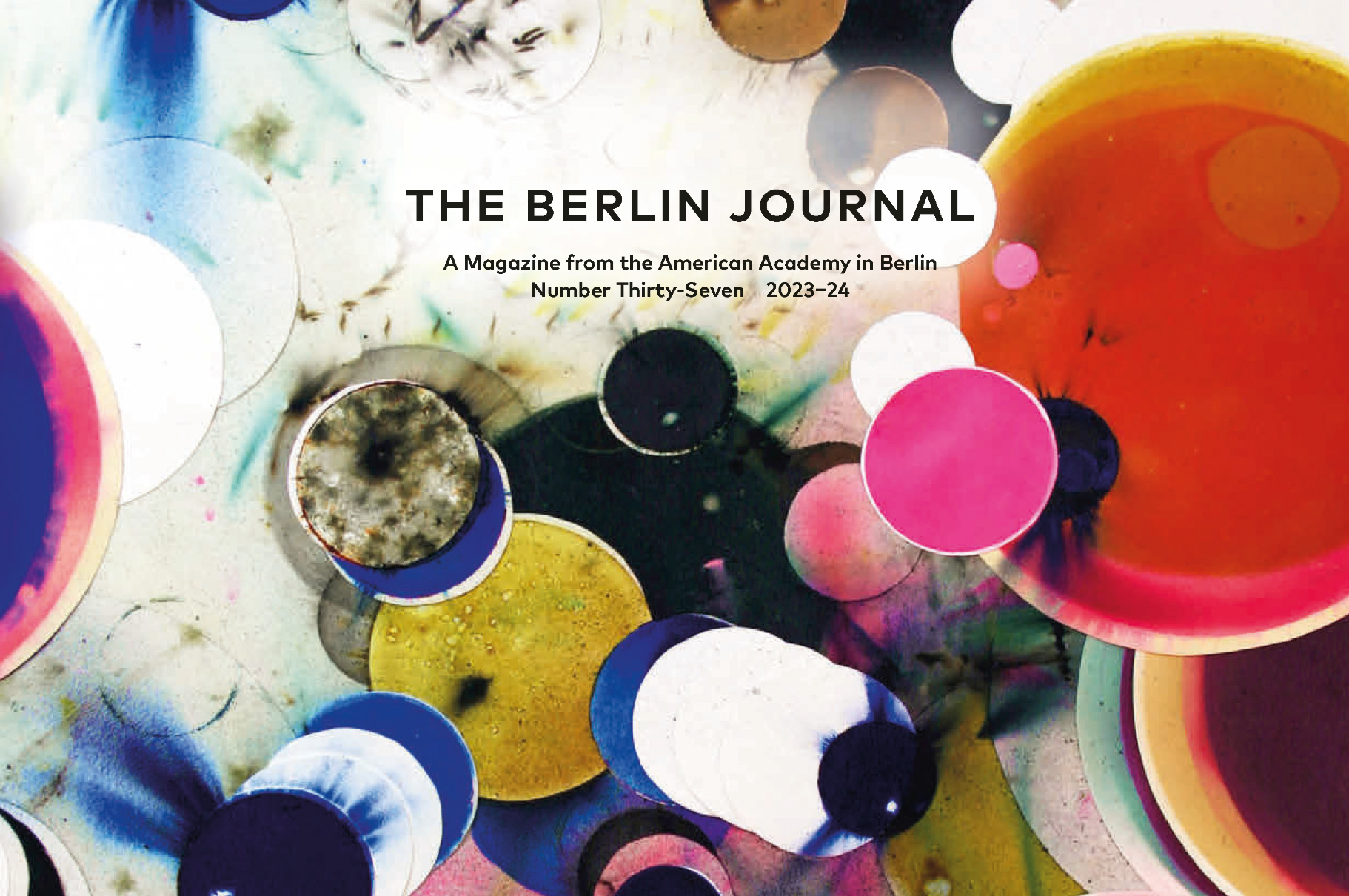
The 2023-24 Berlin Journal
